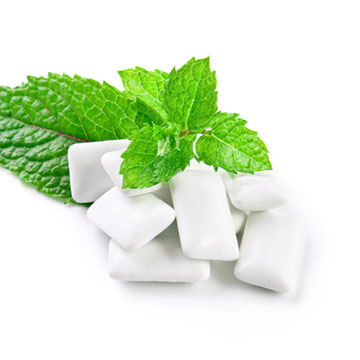Each time you visit your local dentist
or periodontist
you hear this voice in your head wishing that your next appointment will be better
– without your gums bleeding excess blood or buildup of tar tar around your
tooth because well, that is just embarrassing! And yes, periodontists DO KNOW
the reasons behind all your dental activities.
Wishing that your next appointment
will be better is easy but it actually having a better dental or periodontal visit
needs some improvements in your daily routine.
Impress your dentist or periodontist at
your next appointment with these tips!
Just using a toothbrush is not
enough. Flossing, which you should do before you brush, helps
loosen plaque between teeth that your brush would otherwise be unable to reach.
The proper way to floss is to wrap 18 inches around your fingers and move it
gently in a U-shape between your teeth, using a clean section for each tooth.
Set a timer.
Haphazardly brushing your teeth in
the morning before you run out the door to catch your bus might get rid of
your morning breath, but it’s not likely to have a meaningful effect on
your overall health.
To
effectively reach all areas and rid your mouth of cavity-causing bacteria, it
is recommended to brush for at least two minutes, twice a day.
Brush softer.
It’s a myth that
harder bristles do a better job.
Buying a softer toothbrush can help
save your enamel as well.
Change your toothbrush
often.
An old, frayed toothbrush isn’t
going to do a great job getting your mouth clean, so be sure to replace your
brush whenever you see the bristles start to wear.
Toothbrushes
should be changed every three to four months or after you’ve been sick.
Electric toothbrushes are a
better choice for some people than manual brushes, because they closely
resemble the tools dentists use in their office.
Chew gum. It’s not
always possible to brush your teeth between meals, so keeping a pack of
sugar-free gum on hand can help you ward off cavities.
Saliva
has natural antibacterial properties and can help serve as a buffer between the
bacteria that causes gum diseases and the bone and tissues around your teeth,
since gum-chewing helps to increase saliva flow in the mouth.

No comments:
Post a Comment